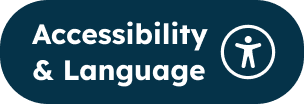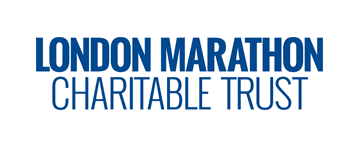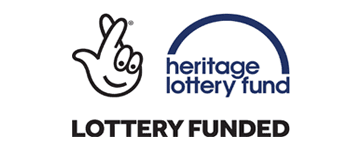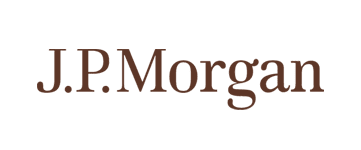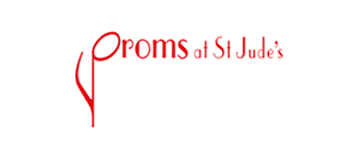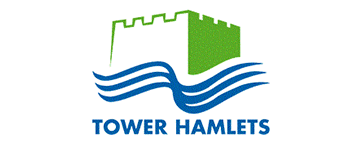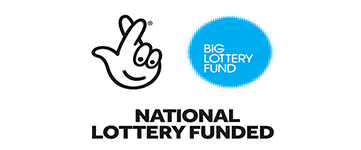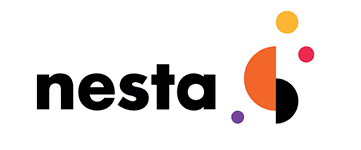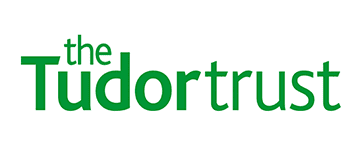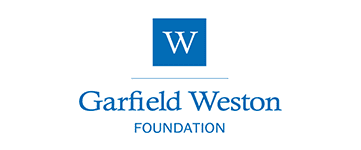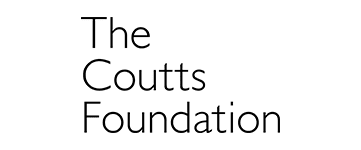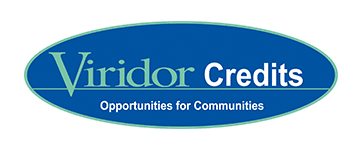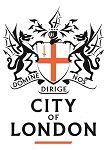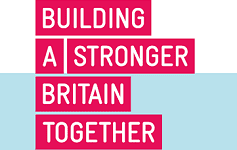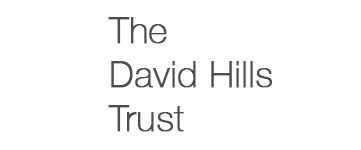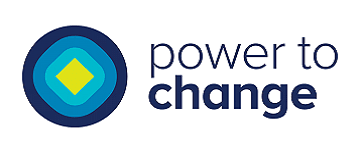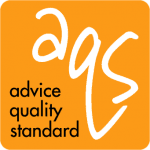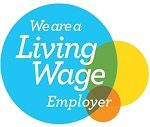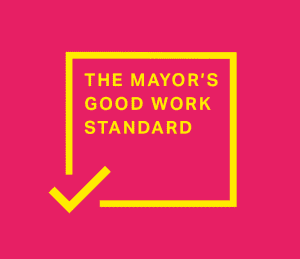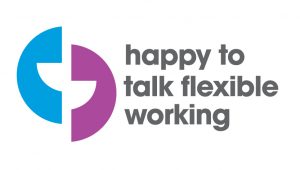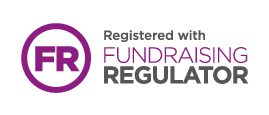London Challenge Poverty Week: Day of Action – Local Solutions
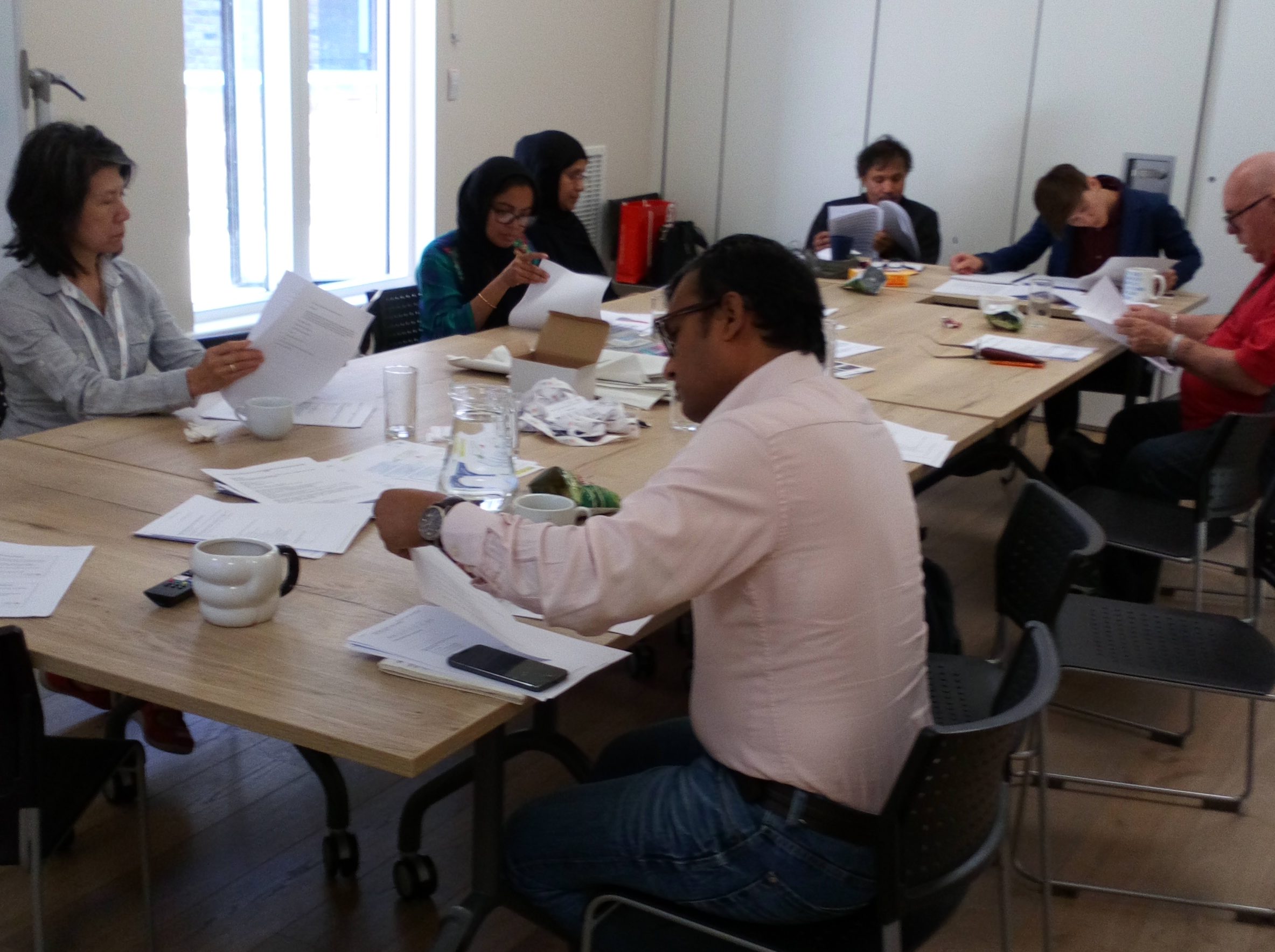
For London Challenge Poverty week, we’re providing a platform for a range of people to share their experiences and give their perspectives on poverty, and on how we could make London fairer for everyone.
Throughout the week we will be sharing the views of people in Tower Hamlets who are facing different challenges, and sharing their views on employment support, the social security system, health, housing and the experience of children and families.
People on low incomes face huge barriers – but they also have ideas and solutions for how things could – and should – be made better. We hope you enjoy hearing from them and will give your backing for their ideas.
Communities have the power to create solutions to the root causes of poverty, with access to the resources, opportunities and support they can be a force for positive social change.
“If you have a go, you’ll be surprised at what you can do”
Toynbee Hall’s Research Manager, Philip Mullen, writes about Toynbee Hall’s Participatory Approach to tackling the social issues that are rooted in poverty and income inequality.
Simon has lived in Tower Hamlets for most of his life and is passionate about giving back to his community. Having recently retired and he described feeling like ‘he only has 3 or 4 years of being able to do things’ left in him. Despite his investment in and deep knowledge about the issues that prevent a stronger sense of community in Tower Hamlets, Simon was hesitant to get involved in our research into safety in the borough. He describes how school was difficult and that he struggles with reading. Having never had the opportunity to go to university, Simon felt that he didn’t have the skills he would need to ever consider himself a researcher; a status he felt was only reserved for the select few.
People like Simon, who have a wealth of knowledge and experience to bring, all too often feel excluded from, and worse, disempowered by, traditional approaches to research. They can often feel over-consulted, as if research is only ever written about them, and that little change can actually happen through research.
Valuing the Skills and Knowledge of People Directly Affected by Social Issues
When people affected by social issues are actively involved in researching the problems and creating solutions, the process can in fact be transformational for those who take part. Sabeha, a Community Researcher at Toynbee Hall, describes what it’s been like for her to take part in Participatory Action Research.
“It makes me open up and speak to strangers, something I just wouldn’t do before”
Sabeha spends most of her time in Tower Hamlets, and routinely faces discrimination for who she is. This can be an isolating experience. Sometimes she feels like she doesn’t belong in the community, and this had a negative impact on her mental health. In contrast to her sense of feeling out of place within the wider community, she felt that the collaborative approach of being part of theresearch team at Toynbee Hall has helped her to feel more rooted. She said that her involvement gives her a sense that “somebody’s on your side, it can be something little, but it makes a big difference and makes me feel really good”.
Sabeha felt that her role in the research has supported her to feel she has a space to talk openly about the difficulties she faces in feeling connected to her community, something she felt she didn’t have in her day-to-day life. This ongoing support has in turn helped her to build the confidence to open up and having trusted conversations with more people about how she feels and these regular interactions have helped her to feel more connected to her community, supporting her to feel more rooted in this place.
A Different Approach to Research
At Toynbee Hall, we value PAR as a transformative approach to research where those with lived experience are supported to be active in co-producing the entire research process as equal partners, from its design all the way through to its analysis. It involves much more than using a particular method or involving those with lived experience as research participants, as in more traditional approaches. Instead, PAR entails a deep commitment to working with and alongside those with lived experience to make progress towards the positive changes that they, and other members of their community, identify as being key to tackling systematic social disadvantage. As such, PAR involves a longer-term commitment to supporting our local community on the issues that deeply matter to them.
So many of the social problems that emerge from our research are rooted in the effects of poverty and wealth inequality, and this is reflected in the responses from participants in the research:
“Honestly, I feel like most anti-social behavior has poverty at its root cause. Young people dealing drugs, begging. So really it makes me sad that people are living in poverty”.
– Response from a community member to a co-designed survey on safety in Tower Hamlets.
If we are going to realise the potential of research to understand the world in order to transform it together, we must pursue a bold and collaborative vision; one that enhances both the quality of the research and its impact. Communities have the power to create solutions to the causes and effects of poverty; with access to the resources, opportunities and support, they can be a force for positive social change.
*All names have been changed to maintain confidentiality.
Toynbee Hall is currently working with young and older people to support them to find ways of improving their experience of housing in east London, including working with private and social landlords. Read more about this work.

